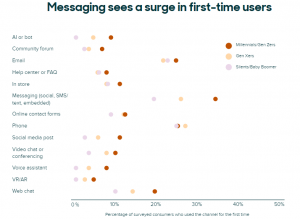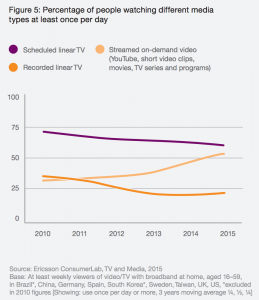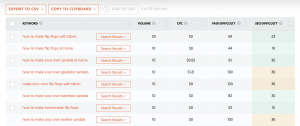By Lilly Stairs
I was lying in a hospital bed. The smell of antiseptic overwhelmed my senses. An IV pierced my arm and pumped morphine through my veins to dull the agonizing pain.
After nearly three weeks in the hospital, with no answers, the doctors finally figured out it wasn’t “all in my head.” They found bleeding ulcers in my small intestine and I was diagnosed with Crohn’s disease. Six months earlier I had received a psoriatic arthritis diagnosis. I was told I would have these chronic conditions for the rest of my life.
I was 19.
In a haze, I pulled out my laptop. I Googled the conditions and felt sheer horror. An onslaught of questions raced through my mind. Will I ever be able to go back to school? Will I be able to live out the career of my dreams? Will someone ever love me?
My world was turned upside down.
But in that upside down, my purpose was ignited. All I wanted to do from that moment on was to help people who were living with chronic conditions. I didn’t really know what it meant to be a patient advocate, but it’s the exact moment I became one.
Fast-forward over a decade later and I am a 2x Founder, 3x autoimmune patient, and board chair of the Autoimmune Association.
How did I go from the hospital bed to the boardroom?
I honored my ambition and prioritized my health.
Honoring ambition and prioritizing health
I’ve always been ambitious. From a young age, I wanted stellar grades, to win every award, and to leave the world a better place than I found it.
When I was diagnosed, it was never an option for me to abandon my ambition. It’s inherently a part of me. It’s why when I pulled out that laptop in my hospital bed, I started to furiously type ideas to support the autoimmune community, and later brought those ideas to life.
Upon entering the workforce, I quickly learned that if I wanted to hold onto my ambitious drive, I would need to balance it by prioritizing my health. With nearly 60% of the U.S. population living with one or more chronic diseases, I am not alone in managing this delicate balance.
Here’s how I did it, and how you can, too.
Flip the script: Identify your secret sauce
From my first co-op to today, I’ve always openly shared my journey living with chronic conditions. In fact, I’ve flipped the script on what it means to live with a chronic condition and framed them as a strength. Before I struck out on my own, I was working in healthcare communications. I spoke of how my passion and lived experience was an asset, allowing me to connect authentically with patient partners and to be uniquely invested in the work.
I challenge you to think about the resilience, strength, and other traits or skills you have acquired living with chronic conditions. They can undoubtedly be applied in the workplace.
Let’s take adaptability as an example. If you live with a chronic illness, you know that the experience isn’t linear. We learn to expect the unexpected.
Adaptability is a wildly valuable asset to a company, especially a growing startup or nonprofit where folks are tasked with wearing many hats.
Frame this as your secret sauce. Disclose your diagnosis, talk about how you learned to adapt from it, and then if you have an example, share how that has served you in previous places of work. You just flipped the script. You own the narrative. Now, your lived experience is an asset to the company.
Get clear on your nonnegotiables
Chronic illness impacts everyone differently. You know your body best and what it needs to thrive.
Take time to think this through. What is most important to you in your place of work? Under what circumstances are you able to do your best work?
When I was actively managing autoimmune flares, I was open with my managers that commuting on public transportation during rush hour was challenging. I often experienced total body arthritis pain but was rarely offered a seat as a “seemingly healthy” young woman. My managers were understanding and we agreed to adjust my schedule, so that I could commute outside of rush hour. I still got my work done, made a name for myself at the company, and I prioritized my health.
Nonnegotiables to consider:
Seek out a job that cares less about your hours and more about the work “just getting done.”
Seek out remote job opportunities.
Start your own business
If you are an ambitious woman and you are living with a chronic condition, starting your own business could be an ideal option for finding career fulfillment while prioritizing your health.
Starting two businesses that I am passionate about has fueled my soul and my ambition while allowing me ultimate flexibility.
As an entrepreneur, you decide how and when you work. No need to ask for a day to work from home or time off for medical appointments.
Here are a few of my top tips for starting your own business when living with a chronic condition:
Redefining what it means to live with a chronic condition
You have the power to honor your ambition and prioritize your health. In doing so, you’re a driving force behind redefining what it means to live with a chronic condition.
It is my hope that you’ll have the courage to share this power with others. Together we can flip the script, so that every ambitious woman who pulls out her laptop after being diagnosed with a chronic condition is not met with defeat but rather met with our collective stories. And in that moment, she’ll know that her future is bright.
(11)
Report Post








